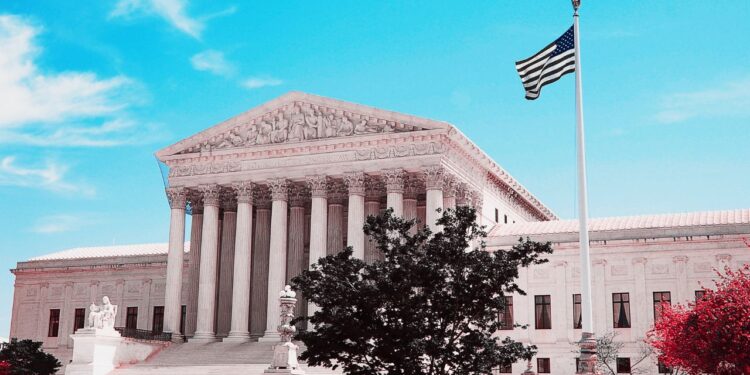What’s going on:
Workplace bias will soon be more carefully analyzed by the court system. The U.S. Supreme Court has agreed to hear a case concerning workplace discrimination based on unwanted transfers allegedly motivated by bias, according to Reuters. The case involves St. Louis police officer Jatonya Muldrow, who claims she was moved to a less desirable position to make room for a male officer. The court will hear the case in its next term, which begins in October.
In a similar but unrelated case, The Walt Disney Co. been accused of systematically underpaying women in California. The lawsuit alleges that the company’s female employees collectively earned $150 million less than their male counterparts over an eight-year period, according to Reuters. Disney reportedly disputes these findings.
Why it matters:
These cases are related to issues of gender discrimination and pay disparity in the workplace. Regardless of how the courts rule, they underscore the need for clear interpretations of anti-discrimination laws and fair pay practices. For workers, these legal cases could set important precedents, potentially influencing future lawsuits and shaping employer policies in the workforce.
How it’ll impact the future:
The Supreme Court’s ruling on the Muldrow case could redefine what constitutes workplace discrimination, potentially expanding the scope of Title VII to include unwanted transfers. This kind of ruling could lead to increased legal protections for workers and more accountability for employers.
The outcome of the Disney lawsuit may also have far-reaching implications. If the suit is certified as a class action, it could pave the way for similar lawsuits against other companies, potentially leading to more equitable pay practices adopted across various industries.
If these cases result in rulings favoring the plaintiffs, they could alter the landscape of the U.S. workforce. The rulings could also lead to stricter enforcement of anti-discrimination laws and greater transparency in pay practices.














